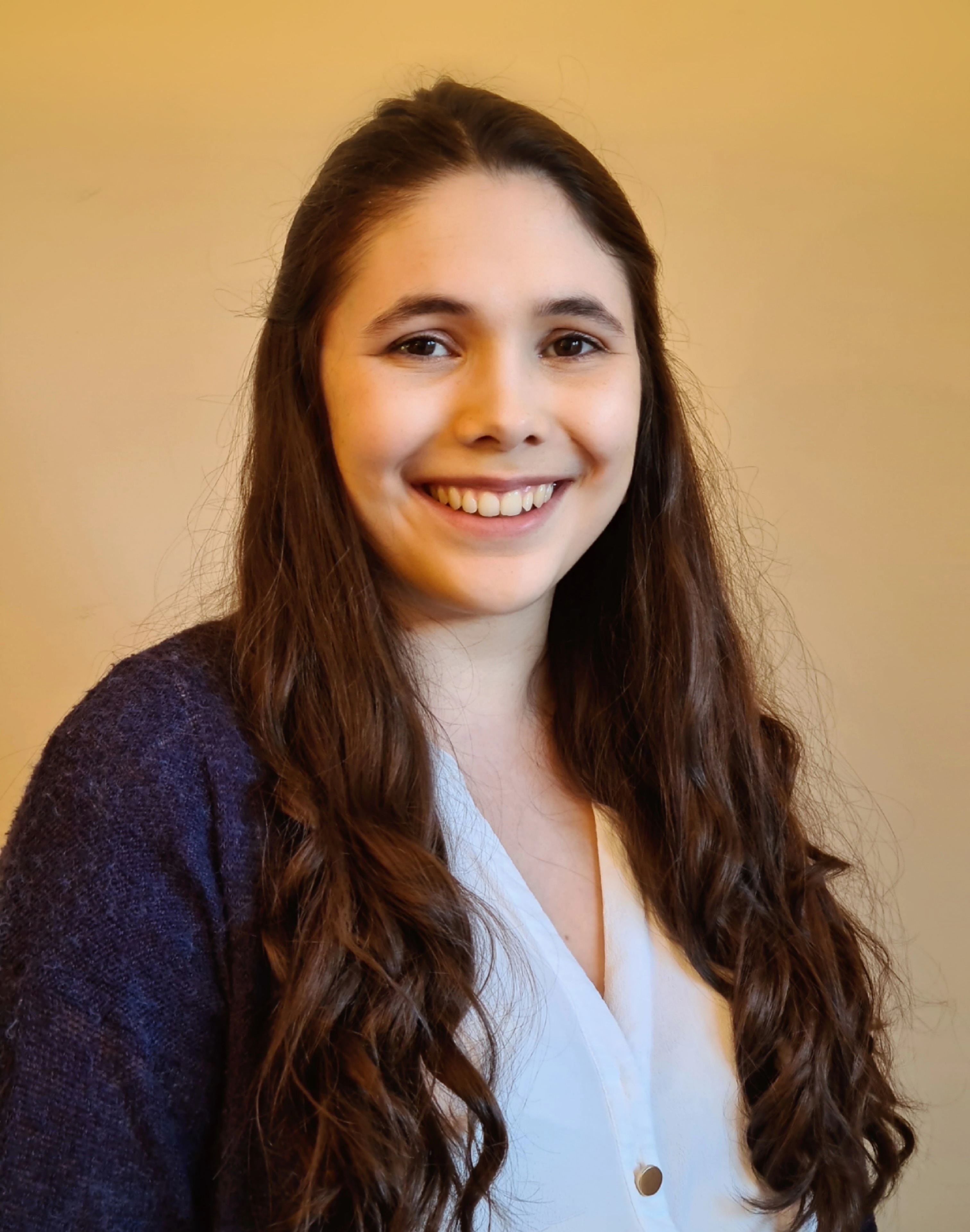Megan Maunder is a third year PhD student in Mathematics, CEMPS at the University of Exeter. She is the beneficiary of an STFC studentship for a “Multi-Spacecraft Investigation of Solar and Heliospheric Plasmas”. A strong believer in engaging the wider public in the scientific process, she runs a variety of outreach and public engagement sessions with the University’s Widening Participation Team and external groups. She is currently the Advocacy Team lead for the Royal Astronomical Society’s Early Career Researcher Network, working to creating more inclusive and accessible environments within Astronomy and Geophysics.
Throughout June the Researcher Development and Research Culture team ran events as part of a new series funded by the Association of Commonwealth Universities, exploring the key components of Public Engagement:
- An Introduction Public Engagement and Evaluation for Engagement
- Creative Engagement Methods
- Co-production in Research
- Impactful Public Engagement with Research
The four sessions were led by public engagement experts from across the University and showcased a range of disciplines, activities, and approaches including multi-disciplinary and co-produced public engagement case studies. A variety of career researchers attended, from those getting started to those looking to develop new projects and hone their expertise.
Here are some Top Tips from our sessions to help guide you:
- Make sure to have an ‘elevator pitch’ Prepare a few sentences to describe your research in jargon-free language for a non-specialist audience. Having this ready to go is a good foundation for starting your public engagement journey.
- Ask around, find out what projects already exist, and talk to those already involved. There are often meaningful funded opportunities for early career researchers to start their own projects or get involved in existing ones. Learning about what others are doing can be a source of inspiration and advice; there may be existing projects you can get involved in.
- Focus on your audience. The ‘public’ is not a homogenous group; there are different types of publics, think about what group you specifically want to target, what you already know about them, and why they might interested in your research and how that fits in a broader context. Your sessions and plans should be aimed at this group. This is key to developing meaningful engagement.
- Think about your motivations. Why you want to get involved in public engagement, what you hope to get out of it? You may even focus on working with a group that can help you with your work and focus on creating co-produced research creating a clear two-way dialogue with your target group. Using Logic Models may help with this as you develop your plan.
- Think about the logistics, not just costs, locations but evaluate how much of your time you can commit to a project. How much time is involved in preparation and development, delivering content and hosting events, and then time spent on post-production like editing and impact evaluation?
- How are you going to evaluate the impacts of your activities? Think about what evidence you might need and how you are going to store and analyse any data, especially if this is required by your funder. Remember to check if you need ethics approval!
A huge thank you is extended to all our session presenters and to those who presented their work and case studies.
A suite of resources exploring these concepts in more detail, developed by Megan, will be available on our ELE page in the coming weeks.

